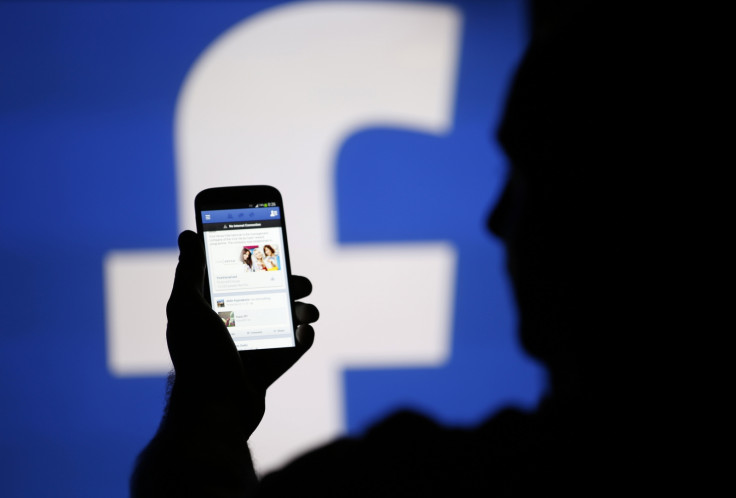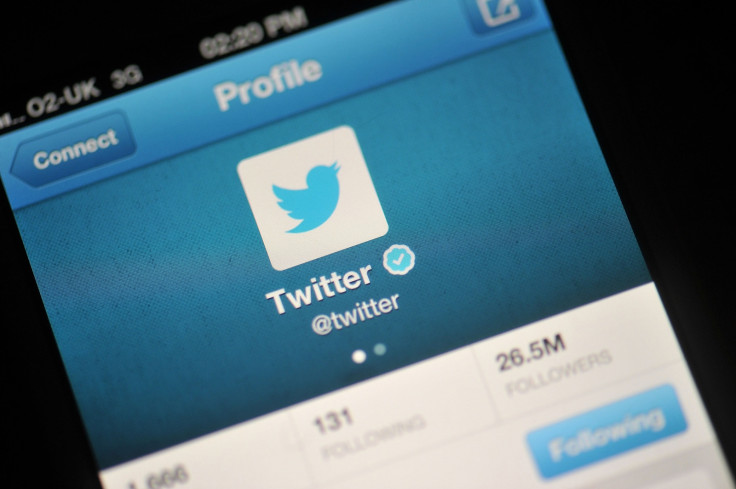Do you have a right to online privacy at work? Covert 'profiling' raises ethical concerns
However, just under 50% said they still curate social media activity with job prospects in mind.

Employers are increasingly turning to online platforms such as Google, Facebook and Twitter to digitally 'profile' staff members – blurring the lines between public and private life, a new study by Australian academics has found.
The research, titled 'Profiling employees online: Shifting public–private boundaries in organisational life', featured a sample of over 2,000 employees from a range of occupations across the UK and Australia.
It found that 60% of employees surveyed believed they had a right to a 'private online identity' inaccessible to their bosses, however, well under 50% said they curate social media activity with job prospects in mind.
Digital profiling, which has been made significantly easier – and cheaper – with the rise of social media, involves collecting data about current and potential staff members to evaluate their fitness for a job.
"Information gathered through profiling which is of potential interest to employers includes inappropriate comments or texts, membership of certain groups and networks, communication skills, education, work history, professional affiliations, interests and lifestyle choices," the study said.
Academics conducting the research have said that "scant attention" has been given to the boundaries of this practice and that it has "significant legal and professional implications."

QUT School of Business researcher, and the study's main author, Professor Paula McDonald said, "Given the covert nature of the practice I think there's scope for broad national guidelines in the area which provide parameters around profiling."
McDonald told ABC Brisbane's Kelly Higgins-Devine in an interview,"It demonstrates that the balance of power here lies heavily towards the employer."
McDonald said that many of the employees in the survey were unaware of how much information about their personal lives is accessible to employers. "People often underestimate how much information is about them online," she asserted. "More concerning is that many social networking sites give you the impression that there's privacy around it.
"But the problem is that unlike a conversation at the pub, online information is stored and can be accessed — even through a screen dump of information by a co-worker — without your consent or knowledge."
Blurring the private and public boundary
The researcher said that academics are now starting to look into the legitimacy of invasive online profiling while attempting to judge how aware of the process employees really are.
"29% of employees had witnessed or heard about profiling within their organisation. What that suggests is the difference between what employers say they're doing and what employees are aware of," McDonald added.
"From an employee perspective, that they have an expectation of a private identity both online and physically that's beyond the scrutiny of employers. It gets into the whole issue of blurring this private and public boundary about what's people's personal lives and what's the more public sphere of work."
© Copyright IBTimes 2025. All rights reserved.




















